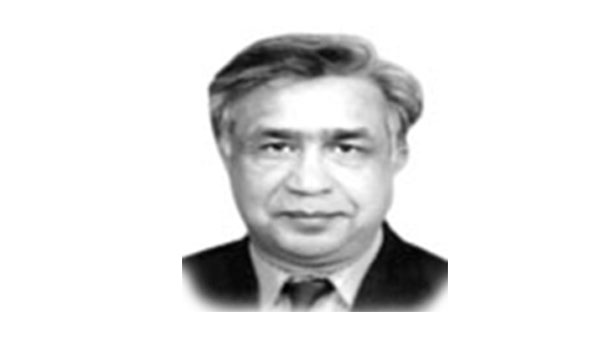Neo-orientalism and Pakistani democracy
Neo-Orientalism is the evolution of Orientalism propounded by Edward Said in the 1970s, which entails that the Orient himself would eventually do the representation of the orient and hence supplant the Occident.
In the modern globalized political economy, the neo-Orientalist phenomenon has been further exacerbated because of the impact of market forces that the Other orient writes about the orient in the fashion and tone of Eurocentrism.
The colonial master who represented his other in the orient has been replaced by the local elite who assumes himself to be the master and his people as his subjects.
This holds equally good in postcolonial literature and political economies of the formerly colonized world, especially the third world, in conformity with postcolonial theory and practice.
Pakistan is no exception to this phenomenon because its literary productions, especially in 21t century, such as ‘Red Birds’ by Hanif Mohammad, depict this trend.
The writer has portrayed the life of the middle eastern ‘Other’ as a displaced entity inhabiting the camps established by the Americans and forced to live a life of misery and poverty as punishment for their terroristic crimes against humanity.
The people being represented in this book have been termed ‘the Other’ from the Orient by the European scholarship during the 18th and 19thcenturies and described with a bias generated out of an assumption of socio-cultural superiority of Europe.
Consequently, the writer, an ‘orient,’ describes his fellow orients.But this representation is not that of the indigenous writer because it is overloaded with the western gaze.
The same is the case with ‘Home Fire’ by Shamsie, wherein she portrays the ‘Other’ through the gaze of the west as a community bent upon bringing violence to the doorstep of the world of the west and hence dealt with as the terrorists who deserved to be eradicated by the powerful civilized world.
This situation is also true in the political world of postcolonial democracies, where politicians are constantly engaged in bitter struggles against their fellows to acquire power or to keep control.
While doing so, they may use the violence of linguistic rhetoric and resort to practical violence.
While they do so, they divide their people into groups and attempt to secure their position by undermining the others by hook or by crook.
According to Fanon, this is a natural behavior of the postcolonial political leaders because, in his imitation of the colonial master, he alienates himself from his people and attempts to be part of the master’s gaze on the orient.
But when the master refuses to absorb him into his culture, he returns to his people for support and vote to gain power.
He makes his people realize that he is the only one who can liberate them and rescue them from their poverty and can win them freedom.
And as soon as he achieves this, he resorts to making himself his people’s master in the fashion of the colonial masters.
And this cycle of gaining control and power over the people keeps on repeating.Pakistan again is no exception because even after 75 years of our existence, our politicians are still playing the same power games.
It is the behavior of political elite that actual democratic value,i.e., vox populi, could not prevail in Pakistani society.
The politicians are frequently visible in gatherings, rallies, and TV shows, blaming each other for every possible accusation of corruption, malpractices, and misuse of power.
No one is giving any feasible plans for uplifting the masses from rapidly engulfing poverty even when billions of dollars have been borrowed from the global financial institutions.
Many of our political elite believe in the brutality of power, which can keep them in the driving seat if they employ it to spread fear.
Like the colonial master, they resent being questioned and criticized for their anti-masses policies and sometimes exercise punitive and chastising measures against the media if it does not toe their line.
In western democracies, where people love their leaders for their services and contributions to making their people’s life worth living, our people fear politicians and don’t want to become like them.
The political elite has tarnished the image of a public servant and leader and has become a demi-god for his people.
However, this precarious situation may not last long because of the international revolutions of information technology bringing knowledge and awareness to the hands of the young generation via the internet and mobile phone services.
The youth of countries like Pakistan is the future hope and would help bring our democracies to a pro-people state.
Politicians will assume power only to serve their masses instead of their interests. The current volatile turmoil in Pakistan is the glaring expression of what our next generation wishes to see through democracy and the leaders.
So, it is high time our politicians realize this, or they will be wiped out of the rapidly evolving political economies from postcolonial to globally competitive entities.
The writer is a Professor of English at Emerson University, Multan.










